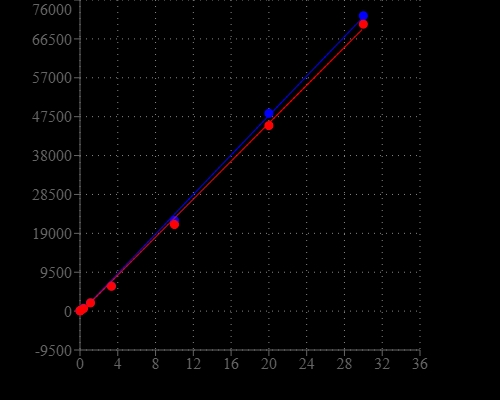Amplite® Rapid Fluorimetric Total Thiol Quantitation Assay Kit
Green Fluorescence
The detection and measurement of free thiol (such as free cysteine, glutathione and cysteine residues in proteins) is one of the essential tasks for investigating biological processes and events in many biological systems. The monitoring of reduced (GSH) and oxidized glutathione in biological samples is essential for evaluating the redox and detoxification status of cells and tissues in relation to the protective role of glutathione against oxidative and free-radical-mediated cell injury. Disorders of cysteine metabolism include cystinosis, an autosomal recessive disease produced by a defect in lysosomal transport, and cystinuria, a common heritable disorder of amino acid transport. There are few reagents or assay kits available for quantitating thiols in biological systems. However, all the commercial kits either lack sensitivity or have tedious protocols. Our Amplite® Fluorimetric Thiol Quantitation Kit provides an ultrasensitive fluorimetric assay for quantitating thiols that exist either in a small molecule or a macromolecule such as protein. The kit uses a proprietary water-soluble non-fluorescent dye that becomes strongly fluorescent upon reacting with thiol. The kit provides a sensitive, one-step fluorimetric method to detect as little as 1 picomole of cysteine or GSH in a 100 µL assay volume (10 nM in concentration). The assay is rapid and robust. It can be performed in a convenient 96-well or 384-well microtiter-plate format and easily adapted to automation. For rapid quantifying thiol groups in a protein, we recommend you use our kit #5529 that is optimized for quantifying protein thiols.


| Catalog | Size | Price | Quantity |
|---|---|---|---|
| 5528 | 200 Tests | Price |
Storage, safety and handling
| H-phrase | H303, H313, H333 |
| Hazard symbol | XN |
| Intended use | Research Use Only (RUO) |
| R-phrase | R20, R21, R22 |
| UNSPSC | 12352200 |
Instrument settings
| Fluorescence microplate reader | |
| Excitation | 490 nm |
| Emission | 525 nm |
| Cutoff | 515 nm |
| Recommended plate | Solid black |
Contact us
| Telephone | |
| Fax | |
| sales@aatbio.com | |
| International | See distributors |
| Bulk request | Inquire |
| Custom size | Inquire |
| Technical Support | Contact us |
| Request quotation | Request |
| Purchase order | Send to sales@aatbio.com |
| Shipping | Standard overnight for United States, inquire for international |
Page updated on February 5, 2026
